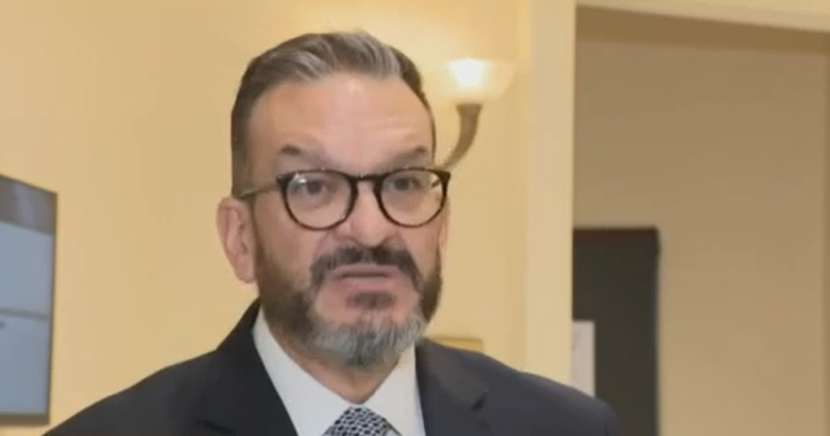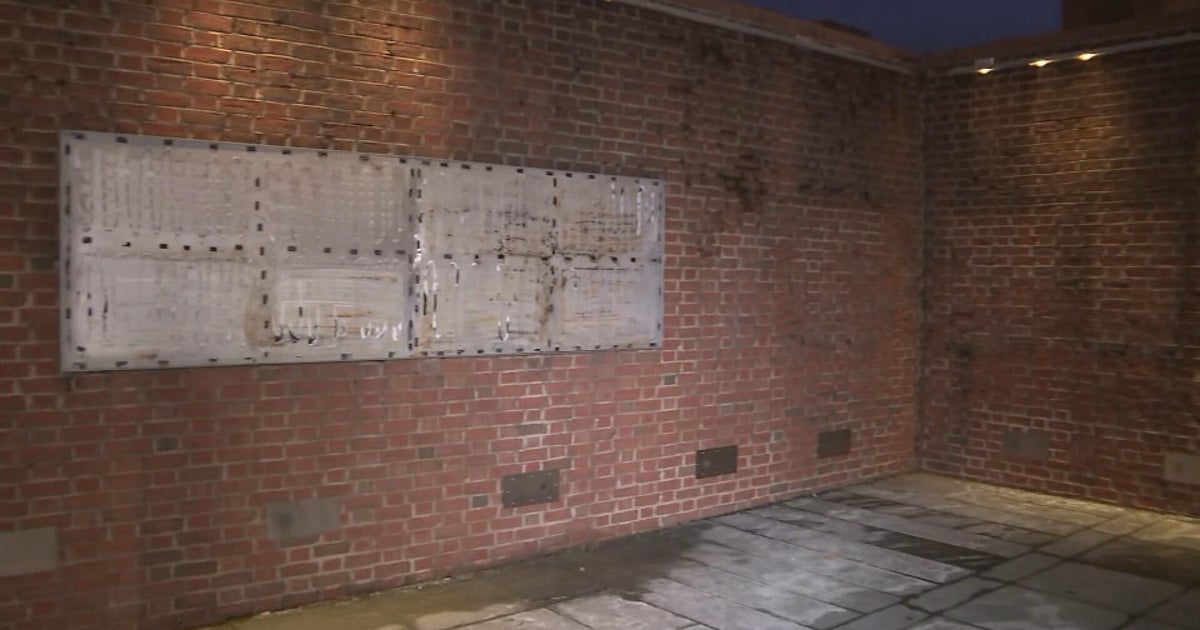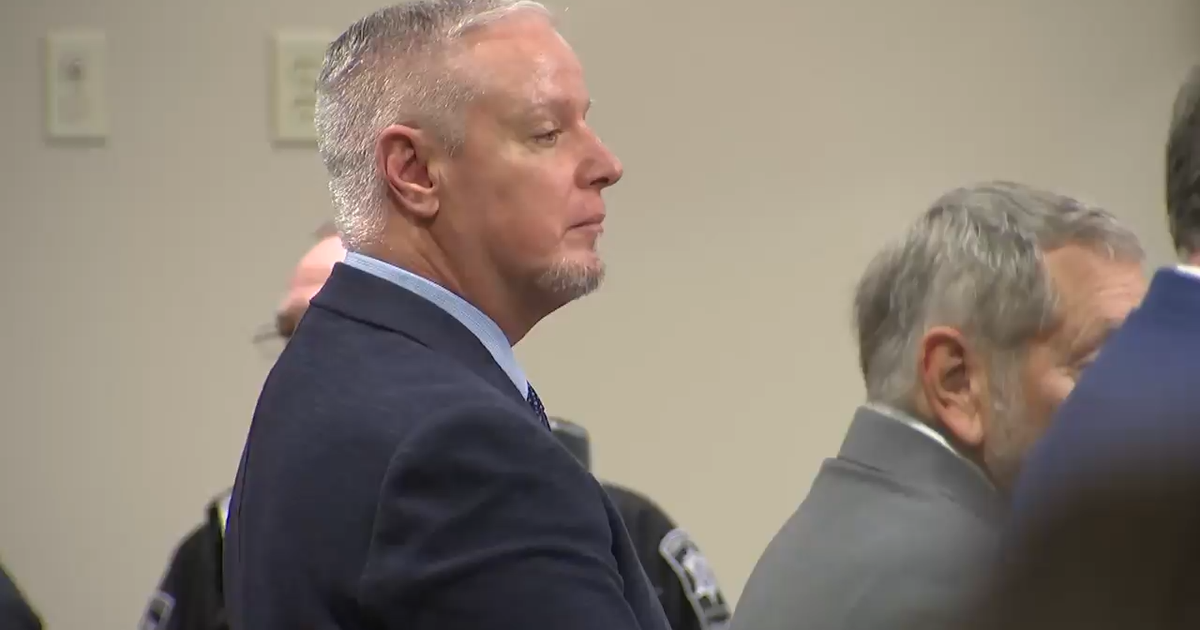Amazon calls off bid to buy iRobot. The Roomba vacuum maker will now cut 31% of workforce.
Amazon on Monday said it is calling off its proposed acquisition of robot vacuum maker iRobot, with the e-commerce giant blaming antitrust scrutiny on both sides of the Atlantic leading to "undue and disproportionate regulatory hurdles."
With the deal no longer happening, Bedford-Massachusetts-based iRobot said Monday it is undergoing a restructuring of its business, including cutting its workforce by 31%, or about 350 employees. It also said that its CEO, Colin Angle, has stepped down and that Chief Legal Officer Andrew Miller will act as interim CEO.
The companies said in joint statement that they "entered into a mutual agreement to terminate their announced acquisition agreement" and expressed disappointment. Amazon will pay iRobot a previously agreed termination fee, which wasn't disclosed in the statement Monday.
Amazon's announced in 2022 that it would buy iRobot, maker of the circular-shaped Roomba vacuum, for $1.7 billion in cash. But the value of the deal fell 15% after iRobot incurred new debt.
E.U: "Anticompetitive" merger
The European Commission, the European Union's executive arm and top antitrust enforcer, had informed Amazon last year of its "preliminary view" that the acquisition of the robot vacuum maker would be anticompetitive.
While British antitrust regulators cleared the purchase in June, it still faced scrutiny in the U.S. by the Federal Trade Commission.
The European Commission did not respond immediately to a request for comment. It had been concerned that Amazon could reduce the visibility of a competitor's product or limit access to certain labels, such as "Amazon's choice," that may attract more shoppers.
The commission said last year that Amazon also might have found ways to raise the costs of iRobot's rivals to advertise and sell their products on its platform.
David Zapolsky, Amazon's general counsel, lashed out at regulators and said consumers would lose out on "faster innovation and more competitive prices."
"Mergers and acquisitions like this help companies like iRobot better compete in the global marketplace, particularly against companies, and from countries, that aren't subject to the same regulatory requirements in fast-moving technology segments like robotics," he said.
He added that "undue and disproportionate regulatory hurdles discourage entrepreneurs, who should be able to see acquisition as one path to success, and that hurts both consumers and competition— the very things that regulators say they're trying to protect."







